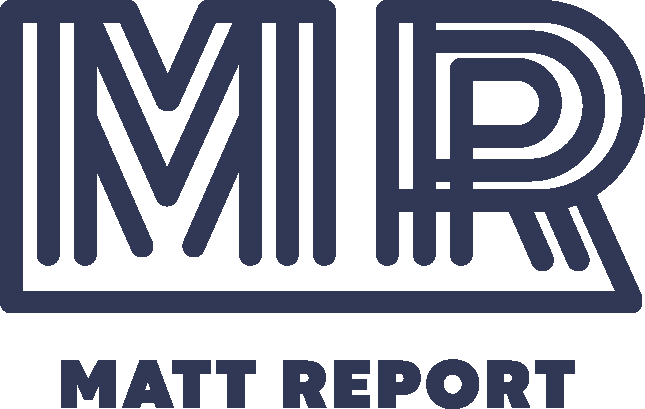I like to break it down to 3 major’s when interviewing a new hire. Communication, fundamentals and integrity. They are the traits I work to improve on every day and feel that anyone holding a position should be just as aware.
If you are looking to grow in life or at a company, you should read why these 3 words are important.
Communication
Communication is the number one success factor in any relationship. Whether it be an employee to manager relationship, husband to wife, or salesman to client – communication is everything.
For new hires or interns, I evaluate how effectively they can write and speak. At MegaNet I hire a lot of techinical support staff and this is crucial for day to day operations. At Slocum Studio, I am looking for how well team members can work together, explain their ideas, and train our clients.
If you are someone that communicates effectively, chances are there are no surprises. Your goals and objectives are clearly articulated. Everyone is aware about how you operate and what we can expect from you. I even try to improve how I communicate with myself as well as others.
Start being a better communicator by informing your team or colleagues around you on the status of your projects or tasks at hand. If you need help, ask them for help. If you see them struggling, ask questions and communicate to resolve the problem.
Fundamentals
Do you understand what the business model is?
Do you know what the other teamates are working on and what drives them?
Do you know how your spouse feels about NFL Sunday?
It is extremely important that you know what’s going on around you. That you understand the mission of the team, the product or service you are selling, or the outlook on life from a significant other.
By understanding the fundamentals of how things work around you, you are able to interact more efficiently. You understand how the finance department works, so you can present your reports in a more effective fashion. You design websites, so you understand the client’s objective and needs. You save and budget money for a future that both you and your spouse share.
Inherently, these interactions improve productivity and well-being around you. How well a potential hire can understand the fundamentals is a testament to their aptitude. This means less training time, quicker understanding of the business and better scale for growth.
Build a better foundation by doing a little extra leg work. Ask the questions about how other departments want reports done. Learn how your teammates deal with problems. Take your product or service for a test drive.
Integrity
The last trait I look for is also the hardest to judge in an initial interview. As a manager and co-founder of a start-up, relying on people you can trust is important. It’s also equally important that they can trust you.
At MegaNet, I trust employees to report to work on time and trust their handling of sensitive client data. At Slocum Design Studio, I need to ensure my team is delivering on project milestones, reporting hours fairly and providing a high grade of customer service.
Trust works both ways.
My team trusts that I will support their performance on projects and tasks they are responsible for. I have the utmost respect for the folks I work with and the effort they put forth day in and day out. It is extremely important to value your team and trust that they can perform without you having to step into every task. If you work for them, they will work for you.
Build trust in others by using communication and fundamentals. Talk to them to resolve any issues or set the stage for a new responsibility. Learn what their expectations are at work or at home. Support them and their decisions to build trust.
Conclusion
These are 3 simple traits that I use to evaluate an employee. I realize these are considered to be more social traits versus technical accomplishments. When I’m interviewing or managing staff – I look to see how well they can grow versus how well they understand a topic.
Will they grow in the position they are currently in?
If not, can I move them to another project or responsibility?
So by relying on the human factor of evaluation, I’m not just relying on their technical competence. Why? Because it means nothing when faced with real problems, difficult client requests, or changes in life. I’m a strong believer that if a person can grow and scale – so will my company.
Thoughts? Reactions? I’m crazy? Let me know below!


Leave a Reply